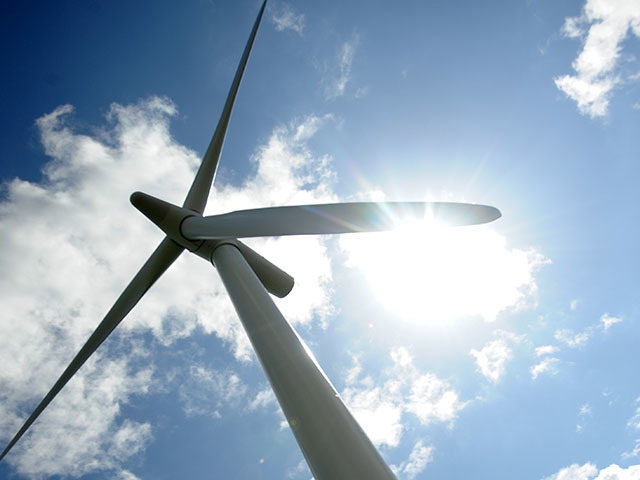
The European Commission is to provide 27million euros to improve the renewable energy policy and use in Nigeria.
At present a large part of the Nigerian population lacks access to energy or relies on polluting fuels such as wood and charcoal, with severe consequences to health and the environment.
Commissioner for Development Andris Piebalgs said: “At the moment, 80% of the population in rural Nigeria have no access to electricity at all.
“Our overall objective is to help decrease this number significantly, but it is also important to improve the wellbeing of those who do have access, since they often suffer from inadequate lighting to carry out their housework and from inhaling toxic smokes due to unmaintained cooking stoves.”
The Energising Access to Sustainable Energy (EASE) programme aims help with the uptake of renewable energy, particularly among small and medium enterprises and households.
It also aims to address the massive deforestation caused by the cutting of wood for fuel, through the planting of more trees.
Nigeria, with its large oil industry, is the second largest gas flaring country in the world, emitting some 40million tons of C02 each day. The EC said EASE will promote the reduce use of flaring as part of the fight to reduce greenhouse gas emissions.
Some other activities to be carried out through the programme will include: design of energy assessment and strategies to increase access to energy, providing essential training on aspects such as norms, standards, and tariffs, or the development of business plans to demonstrate commercial viability of small-scale gas resources.
The new programme will be run in partnership with the World Bank, which will contribute with 4.6million euros, and the GIZ (German Society for International Cooperation) with a contribution of 9million euros.
Recommended for you
